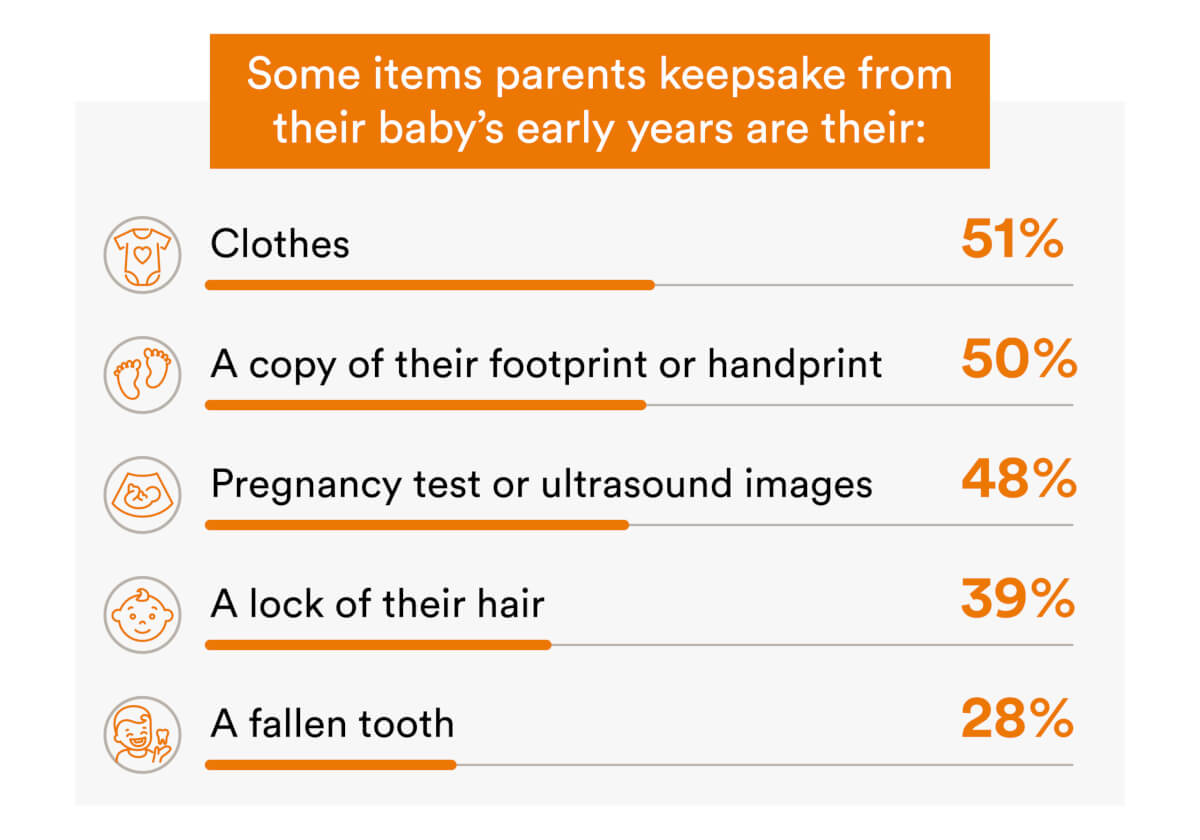NEW YORK — Are kids today maturing a lot quicker than they used to? From the constant stream of information on social media to the seemingly non-stop pace of life in the 21st century, a new poll finds most parents look back and wish they had more time with their kids when they were babies. In fact, three in four parents think their children are growing up too fast (78%).
The recent survey of 2,000 parents with kids under the age of 18 looked at how moms and dads hold on to their child’s younger years. Researchers found that the vast majority feel like a more sentimental person since becoming a parent (83%).
Specifically, the average parent misses when their child was just two years-old the most and would go to great lengths to get that time back. In fact, American parents would be willing to give up social media (46%), time off at work (37%), and dining out (36%) to spend one more day with their child as a baby.
Since they can’t go back in time, the survey conducted by OnePoll for Stokke found that 84 percent have kept something related to an important milestone their child achieved. The average parent will hold on to nine items from their child’s early years, with one in seven going even further and holding on to at least 20 different mementos.
Some of these items include common keepsakes like their baby’s clothes (51%), a copy of their footprint or handprint (50%), and their pregnancy test or ultrasound images (48%). Other parents keep a memento that belonged to their baby, like a lock of their hair (35%) or even a baby tooth (28%).
Parents save these items primarily for memories (75%), but one in three also pass them down to their children when they’re older (37%). For many, milestones are a core memory — so much so that parents still have some of them recorded — like their child’s first time having food (42%) or crawling (39%).
If they could relive some of these milestones, American moms and dads say they’d go back to their baby’s first step (44%), first laugh or smile (43%), or first time sitting up (11%). Reflecting on their child’s early years, parents recognize that there were common baby items that ended up not getting enough use, like jewelry for their baby (27%), baby monitors (18%), and high chairs (11%).

“Expecting parents have a lot to consider when it comes to choosing the right products for their baby,” says Anna Barnes, consumer engagement manager at Stokke, in a statement. “By considering the longevity, adaptability, and versatility of each purchase, parents can minimize the need to constantly purchase new baby gear.”
Eighty-five percent of those who have kids older than five say that their child outgrew certain items faster than they thought they would. Consequently, more than half of those surveyed admit that they struggle to keep up with the things their child needs as they grow (59%).
Although they’re feeling sentimental, parents are also keen on keeping their home clutter-free: 83 percent have given things that their child no longer needs to other parents. To be resourceful, the same percentage would accept used items from other parents so they don’t go to waste.
When they were first doing their baby shopping, just 23 percent of parents considered items they’d be able to keep using long-term. Now, parents may be sharper about not wanting to accumulate waste as their child grows up, with 88 percent of those with kids four and under expressing an interest in items that are adaptable as their child gets older.
“By choosing products that grow with our children, we not only reduce environmental waste but also empower parents to make sustainable choices while getting the most out of their spending, ensuring every stage of their child’s development is supported with thoughtful, long-lasting solutions,” Barnes says.
Survey methodology:
This random double-opt-in survey of 2,000 parents of kids 0-18 was commissioned by Stokke between Jan. 18 and Jan. 28, 2024. It was conducted by market research company OnePoll, whose team members are members of the Market Research Society and have corporate membership to the American Association for Public Opinion Research (AAPOR) and the European Society for Opinion and Marketing Research (ESOMAR).
